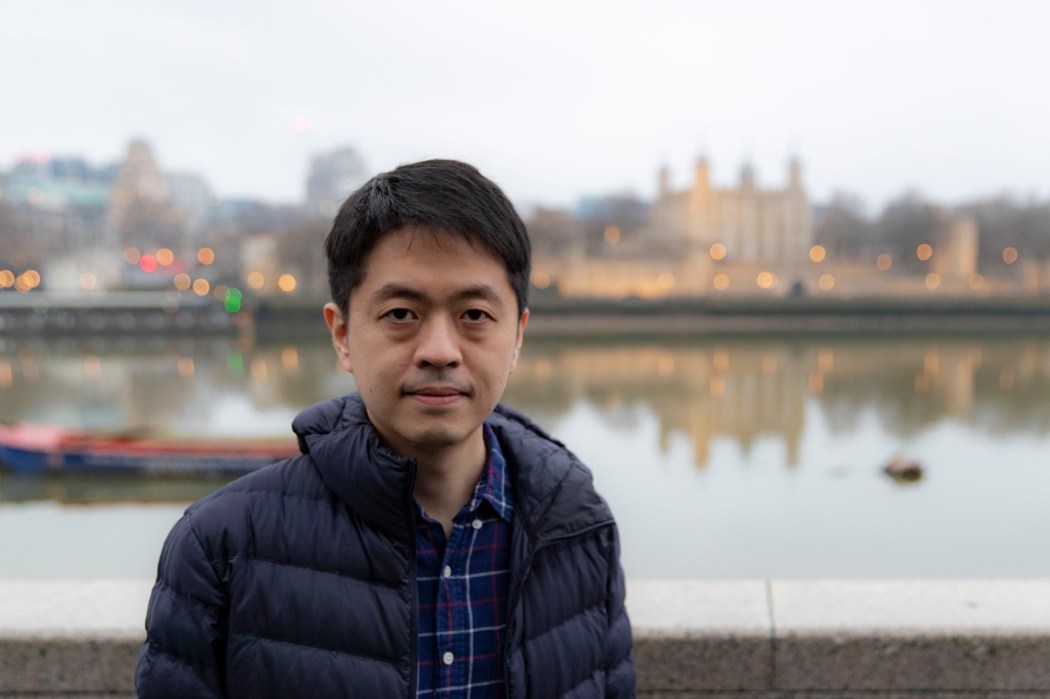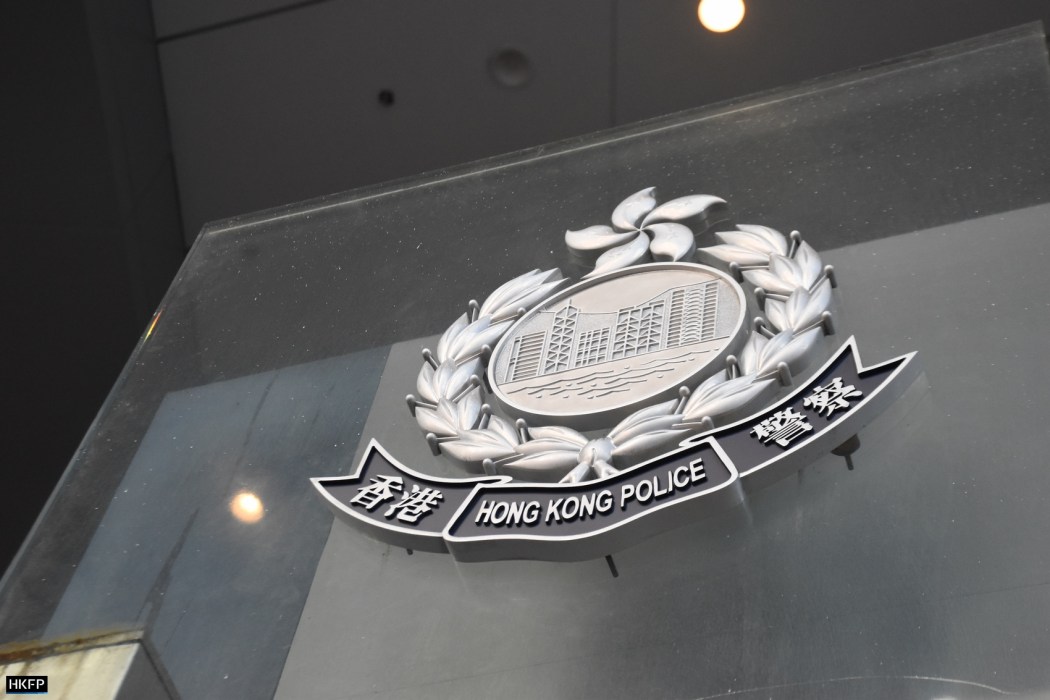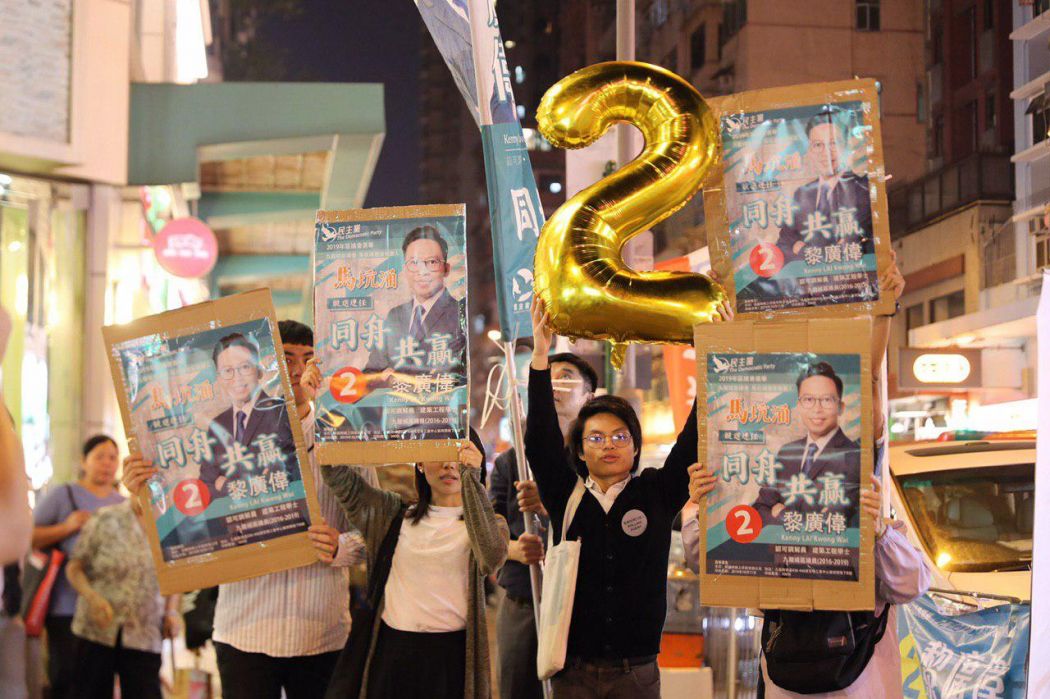A Hong Kong government department has lashed out at self-exiled democrat Ted Hui over statement he posted calling the reformed District Council polls a “pseudo-election” and a “desecration of universal values.”

“Fugitive Ted Hui was a destructive anti-China saboteur who stirred up trouble in Hong Kong,” the Constitutional and Mainland Affairs Bureau (CMAB) wrote on Wednesday night.
The response was signed by CMAB Secretary Erick Tsang and Secretary for Home and Youth Affairs Alice Mak.
“He colluded with hostile foreign powers, incited and bewitched people’s hearts and won Legislative Council and District Council seats before the electoral system was improved.”
The department added that Hui was “concocting a series of groundless, slogan-like nonsense.”
Hui, a former lawmaker, posted a statement on Wednesday slamming the government’s recently announced plans to overhaul District Council elections, which would see the number of publicly elected seats slashed and the introduction of national security background checks.

“We believe that any participation in this pseudo-election for a District Council whose democracy and legitimacy have been undermined would be an endorsement of a false election and a move against democracy,” Hui wrote in the statement, which was signed by over 30 former District Councillors from the pro-democracy camp.
“[Changes to the District Council electoral system] are not only regressive actions but also desecrations of the universal values cherished by the people of Hong Kong – freedom, procedural justice, and democratic systems,” Hui continued.
Hui was a lawmaker and District Council member. He was on bail pending nine criminal charges when he fled the city in November 2020, telling authorities he would return to the city after a purported duty visit to attend climate change meetings in Denmark. Days later, he announced he would not be returning to Hong Kong, and later relocated to Australia.

Hui has since been sentenced in absentia to three and a half years in prison for contempt of court, and in February was contacted by the Hong Kong Police Force, inviting him to return to the city and surrender.
The CMAB urged Hui to return to “surrender and face legal sanctions in Hong Kong.”
“If he remains obstinate, he will ultimately become a lifelong fugitive condemned by others. Don’t think [you] can live without any cares by hanging on to the coattails of a foreign master,” it wrote.
‘Back to the right track’
The government announced on Tuesday that the District Council polls would be reformed to prevent people from “hijacking, manipulating [and] paralysing” the local district bodies. The pro-democracy camp saw a landslide victory during the last District Council polls in 2019, held amid protests and unrest against an amendment to the city’s extradition bill.
Apart from the 27 seats reserved for rural committee chairmen who represent indigenous villagers, all 479 District Council seats were elected by the public.
Under the reform, the number of publicly elected seats will be cut to 88. The remainder of the seats will be appointed by the chief executive or through elections within small-circle committees, members of which are chosen by the government.
Authorities said it was necessary to “restore” the District Councils “back to the right track” as some members had undermined national security, advocated independence and “harmed the well-being of Hong Kong residents.”
Hui said in the statement that the changes had the effect of “blocking any possible dissenting voices before the elections and eroding the right of Hong Kong people to be elected.”
The District Councils, he added, were “the most representative institution [reflecting] the will of the Hong Kong people.”

In the CMAB’s response, the department wrote that Hui was wrong to state that District Councils possessed “actual political power.” Hui had said that the District Council held seats in the Legislative Council and the Chief Executive Election Committee, and that it frequently discussed issues of a city-wide political nature, making it a “political organisation with legitimate power to represent the rights of the people of Hong Kong.”
The CMAB quoted Article 97 of the Basic Law, which states that “district organisations” are “not organs of political power,” but are consultants of the government.
“If [Hui] knows nothing about the Basic Law, he must be trying to deceive the public once again with his usual tactics… misleading people.”
Support HKFP | Policies & Ethics | Error/typo? | Contact Us | Newsletter | Transparency & Annual Report | Apps
Help safeguard press freedom & keep HKFP free for all readers by supporting our team

LATEST FROM HKFP
HKFP has an impartial stance, transparent funding, and balanced coverage guided by an Ethics Code and Corrections Policy.
Support press freedom & help us surpass 1,000 monthly Patrons: 100% independent, governed by an ethics code & not-for-profit.










